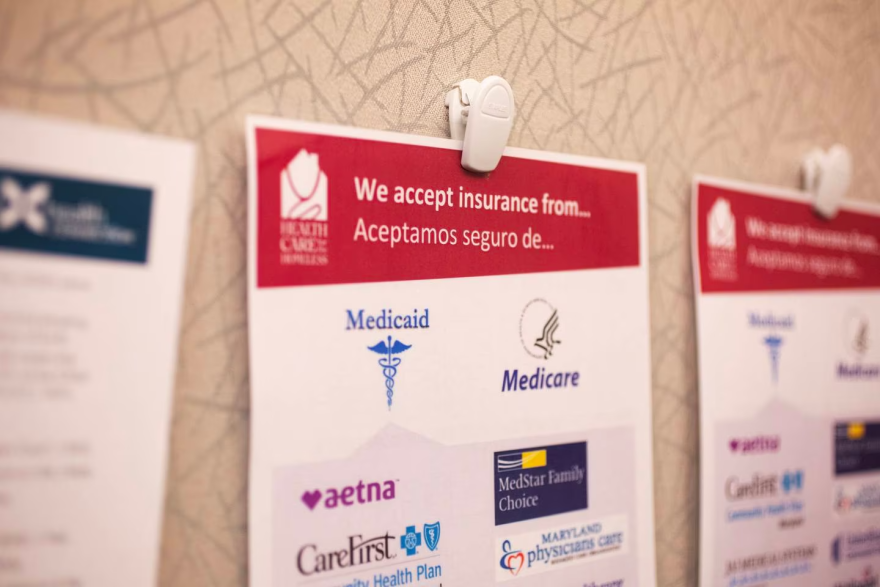Open enrollment for public health plans in Maryland starts Saturday. However, the state and nation are dealing with a “triple whammy” of changes that may dampen enrollment this year.
Starting at 5 a.m. Nov. 1, open enrollment will start and run until Jan. 15, 2026.
Residents can get healthcare from four different insurance companies and buy dental and vision plans as well.
However, this year, premiums will be increasing by an average of 13.4% in Maryland.
“This year premiums are increasing nationally due to Congress not extending premium tax credits for families who purchase their own health insurance,” said Michele Elberle, the executive director of the Maryland Health Benefit Exchange. “In anticipation, Maryland created a new premium assistance program to help lower costs for Marylanders. You can preview the 2026 plans and prices on MarylandHealthConnection.gov.”
Congress’s budget bill, signed into law by President Donald Trump, got rid of the ACA premium tax credit, which significantly lowered monthly rates.
The issue is currently the largest sticking point for the federal shutdown, which is now reaching a month long.
Maryland was able to pass a law earlier this year that would fill in some of the premium credit with state funds for the most vulnerable populations.
Marylanders making below 200% of the federal poverty level will still have their premiums waived.
The two other “whammies” Eberle is referencing are more stringent rules placed on enrollment by the Trump Administration and the preclusion of DACA recipients from buying health plans.
Maryland’s health insurance marketplace saw a 16% growth in enrollments during its open season period in 2024, marking the seventh year in a row that the state has seen increased membership in state-based health plans.
Nearly a quarter of a million people signed up for health insurance from Nov. 1 to Jan. 15 using Maryland Health Connection, the state’s insurance marketplace.
Maryland saw a 21% increase in young adults aged 18 to 37 signing up for plans, with nearly 90,000 opting in.
Officials fear that the increased cost and complexity could lower enrollment rates this year.










